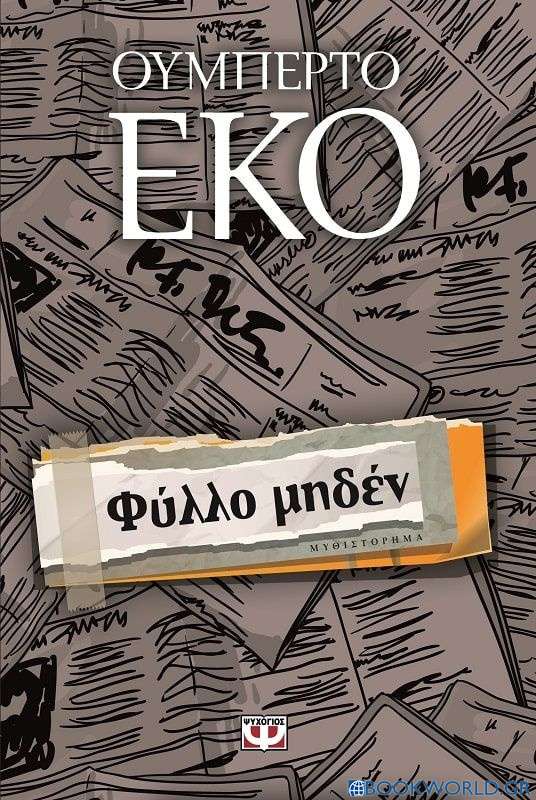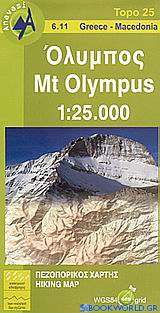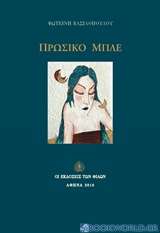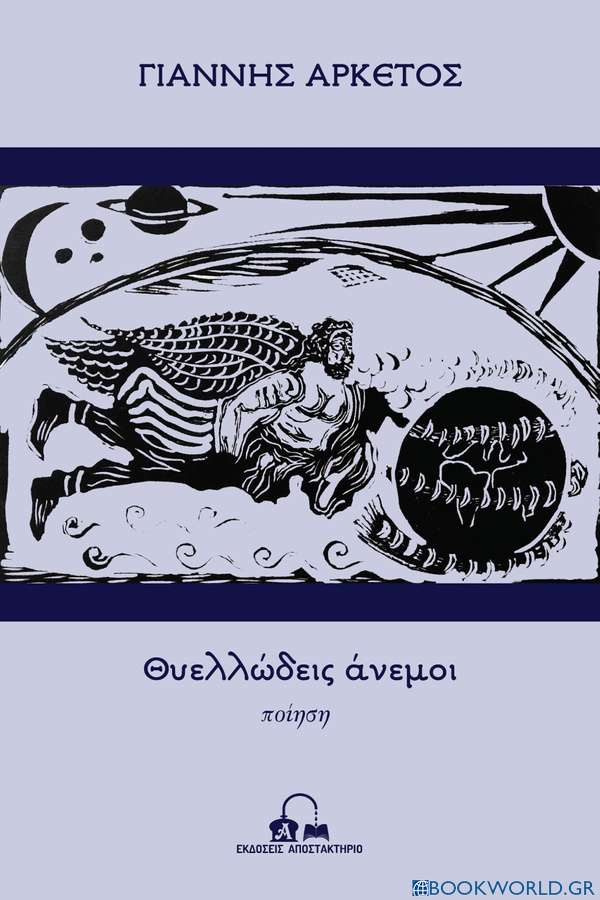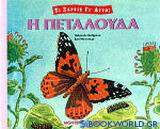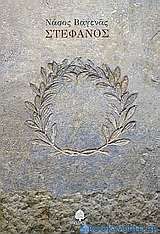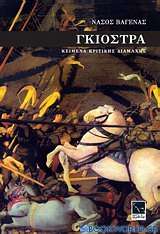Jaguar
Εκδότης:
Κέδρος
Έτος:
1997
ISBN:
9789600404869
Σελίδες:
143
Εξώφυλλο:
Μαλακό
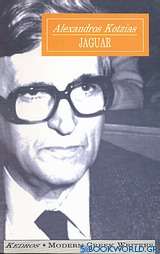
Τιμή εκδότη:€7,60
Η τιμή μας: €6,84
Δεν υπάρχει δυνατότητα παραγγελίας
Jaguar
The author has called "The Jaguar" an extravagant story." He employs an extravagant style to stress the irony of his heroine's attempt to preserve a false image of her moral superiority in the process of promoting selfish ends.
The historical events referred to in Dimitra's of herself and her family belong to the Second World Wi1r period. Dimitra, a mathematics teacher, had been an active member of the leftist resistance movement during the Nazi occupation of Greece and was persecuted as a communist in the civil war that followed. Years later, she likes to think, of herself as an uncompromising individual engaged in a noble struggle to promote the ideals of a socialist revolution.
The unexpected return of her sister-in-Iaw Philio from America to claim an inheritance forces her to take a good look at the past. Her breathless interior monologue throughout the night of her confrontation with Philio reveals Dimitra's obstinate refusal to accept the "bourgeois" compromises she has meanwhile made and has been comfortably living with for the past ten years.
The extravagant melodrama of Dimitra's rhetoric often becomes a caricature of dialectic reasoning, a comic version of double-think paring reality to make it fit within the confines' of wishful thinking and self-righteousness. When the verbal torrent is finally spent., the comedy fades leaving a bitter after-taste of the pathos of self-deception.
In native South American religion the jaguar was regarded as a fierce deity representing forces of war, destruction and human sacrifice.
The author has called "The Jaguar" an extravagant story." He employs an extravagant style to stress the irony of his heroine's attempt to preserve a false image of her moral superiority in the process of promoting selfish ends.
The historical events referred to in Dimitra's of herself and her family belong to the Second World Wi1r period. Dimitra, a mathematics teacher, had been an active member of the leftist resistance movement during the Nazi occupation of Greece and was persecuted as a communist in the civil war that followed. Years later, she likes to think, of herself as an uncompromising individual engaged in a noble struggle to promote the ideals of a socialist revolution.
The unexpected return of her sister-in-Iaw Philio from America to claim an inheritance forces her to take a good look at the past. Her breathless interior monologue throughout the night of her confrontation with Philio reveals Dimitra's obstinate refusal to accept the "bourgeois" compromises she has meanwhile made and has been comfortably living with for the past ten years.
The extravagant melodrama of Dimitra's rhetoric often becomes a caricature of dialectic reasoning, a comic version of double-think paring reality to make it fit within the confines' of wishful thinking and self-righteousness. When the verbal torrent is finally spent., the comedy fades leaving a bitter after-taste of the pathos of self-deception.
In native South American religion the jaguar was regarded as a fierce deity representing forces of war, destruction and human sacrifice.
| Τίτλος βιβλίου: | Jaguar | ||
|---|---|---|---|
| Τίτλος πρωτότυπου: | Ιαγουάρος | ||
| Εκδότης: | Κέδρος | ||
| Συντελεστές βιβλίου: | Κοτζιάς, Αλέξανδρος, 1926-1992 (Συγγραφέας) Criton, H. E. (Μεταφραστής) | ||
| ISBN: | 9789600404869 | Εξώφυλλο βιβλίου: | Μαλακό |
| Σειρά εκδότη: | Modern Greek Writers | Σελίδες: | 143 |
| Στοιχεία έκδοσης: | Μάρτιος 1997 | Διαστάσεις: | 19x12 |
| Κατηγορίες: | Λογοτεχνία > Ελληνική Λογοτεχνία > Ελληνική Λογοτεχνία Μεταφρασμένη σε Ξένες Γλώσσες | ||
Δεν βρέθηκαν στοιχεία για τον συγγραφέα









